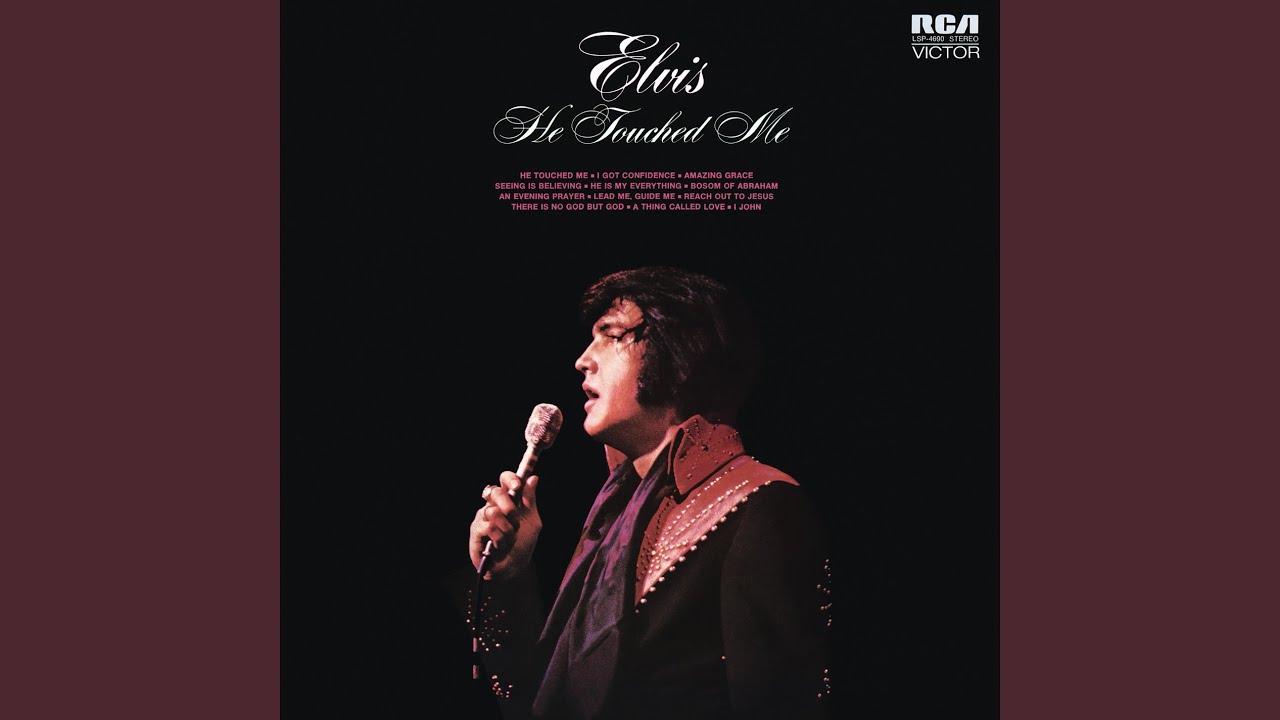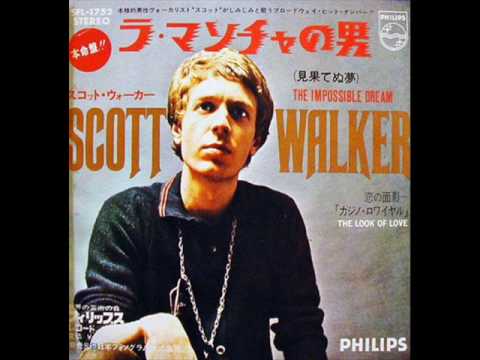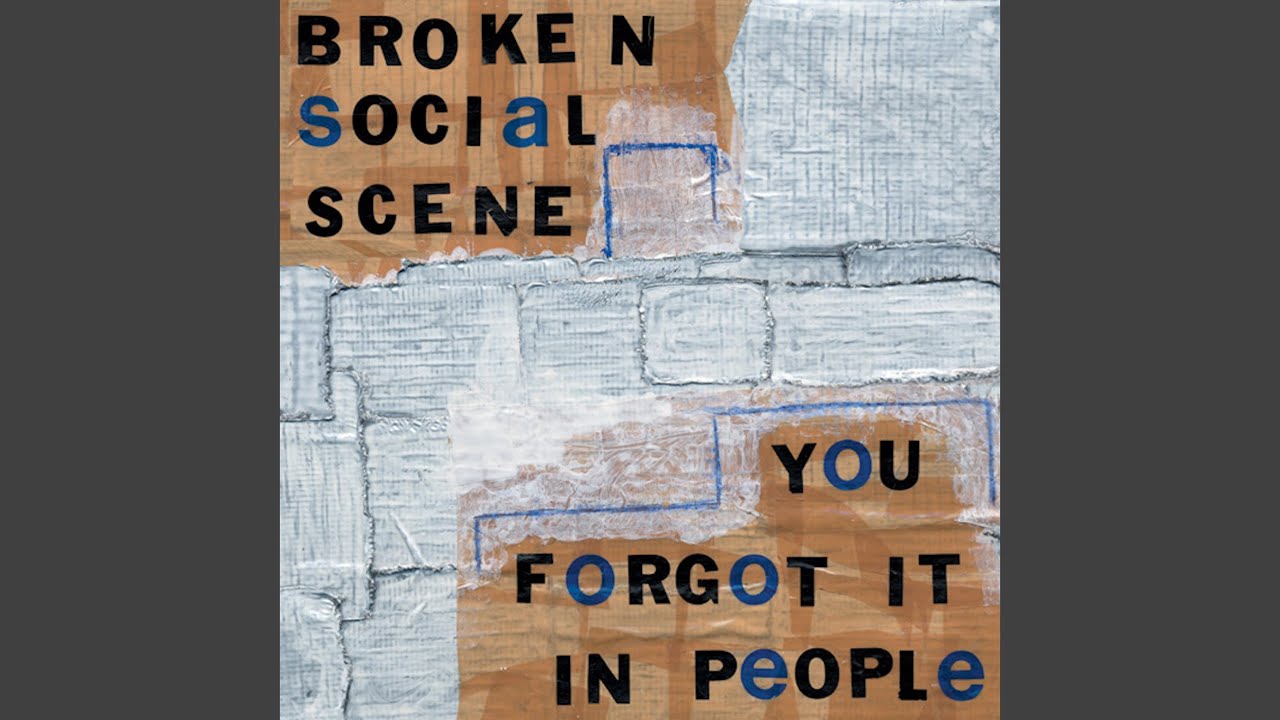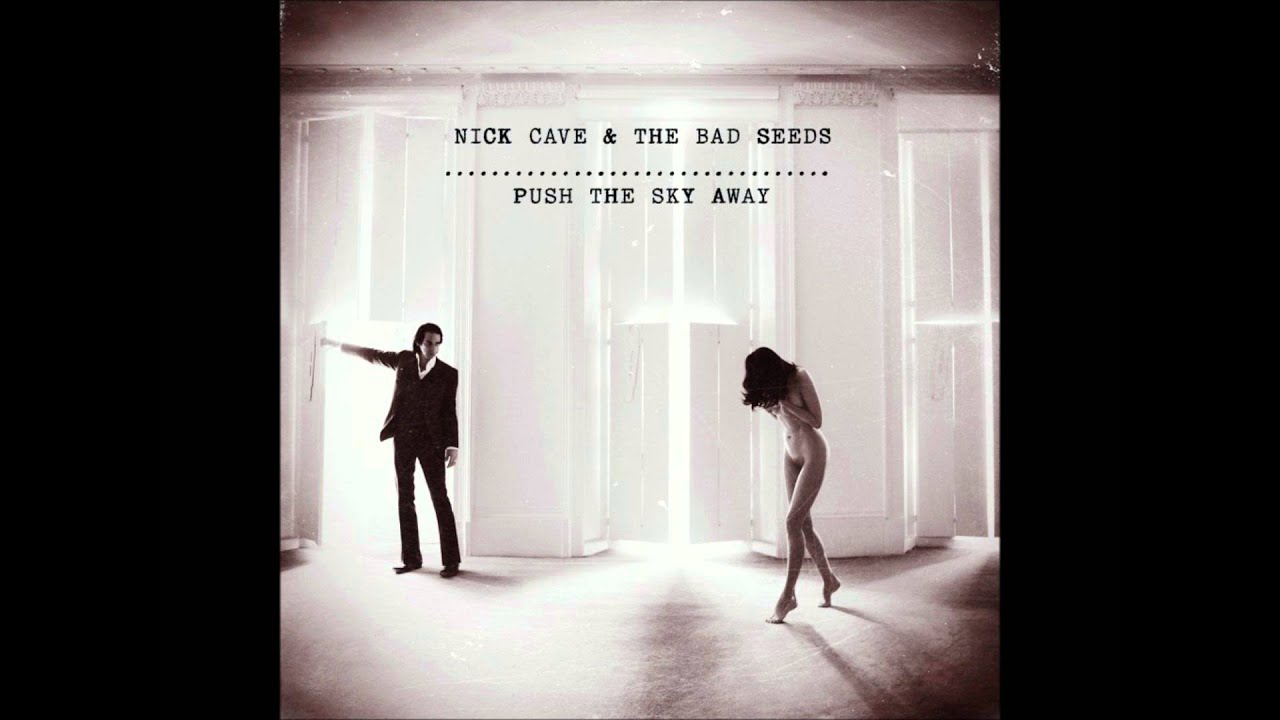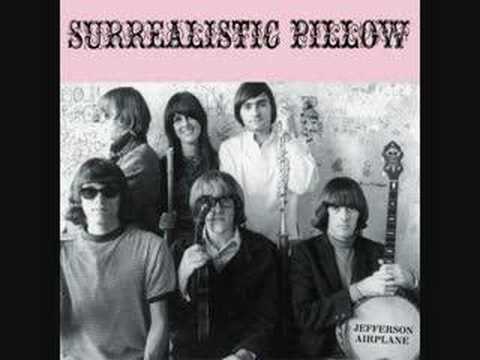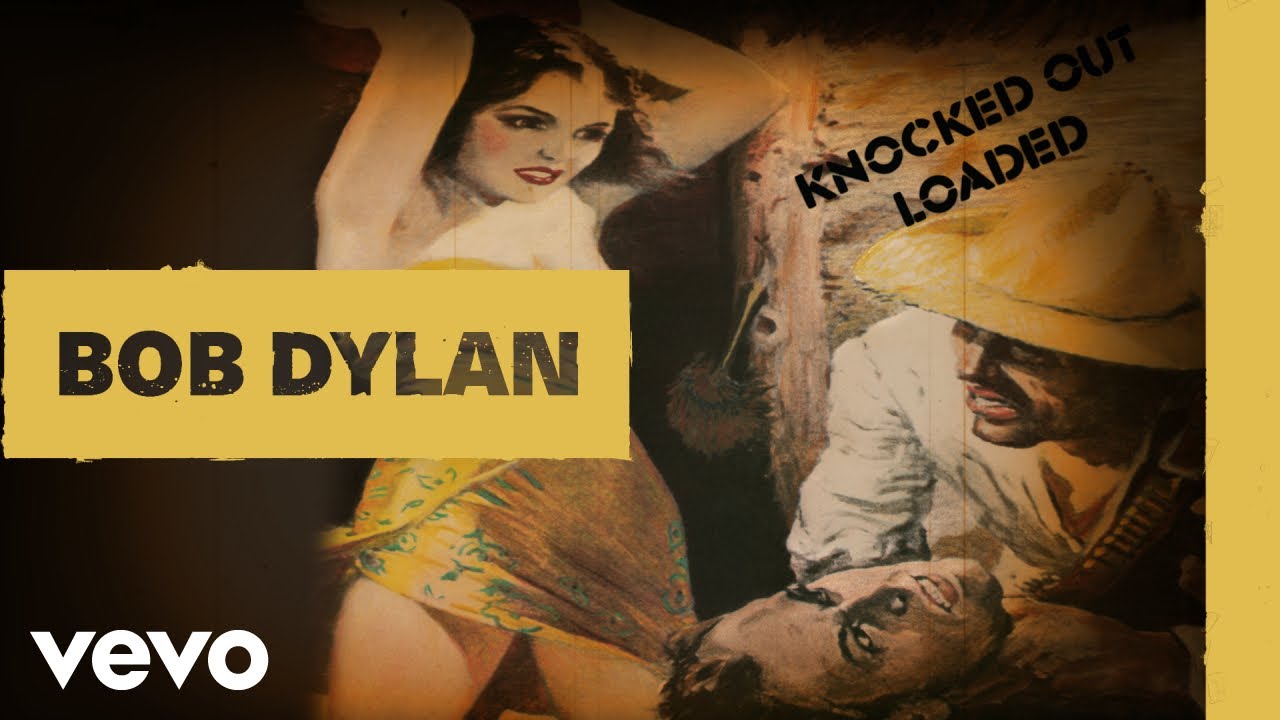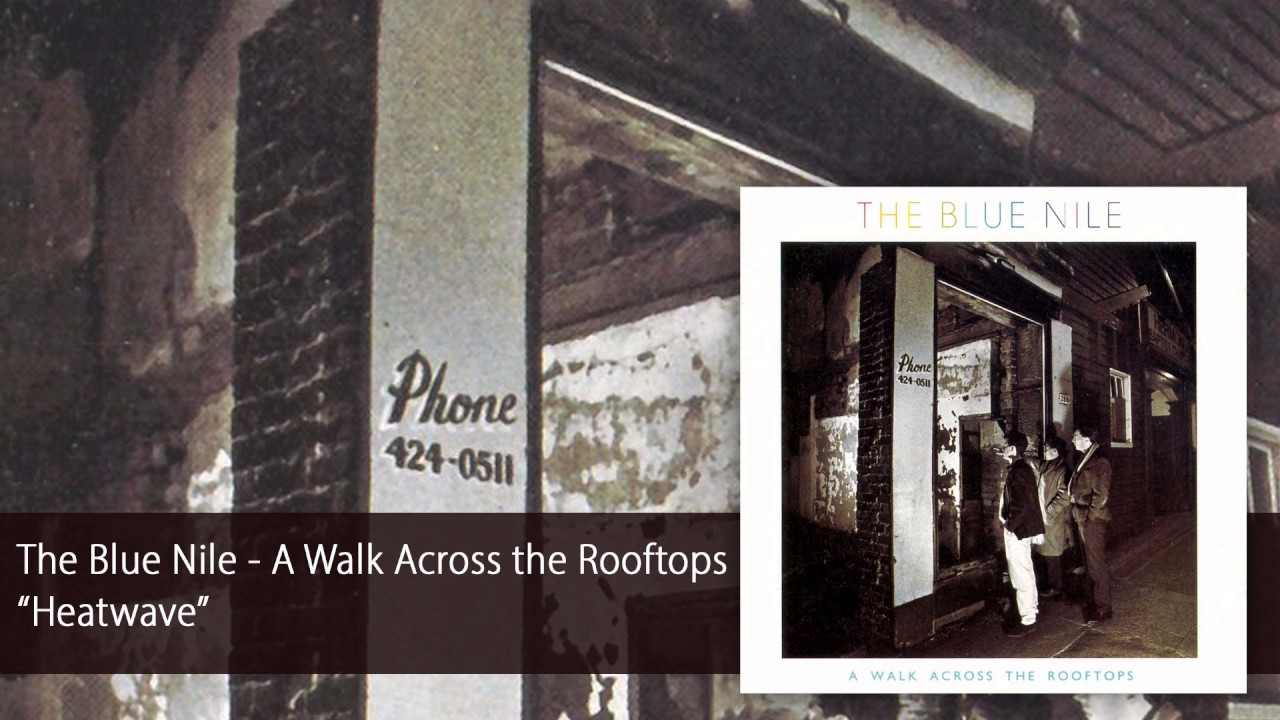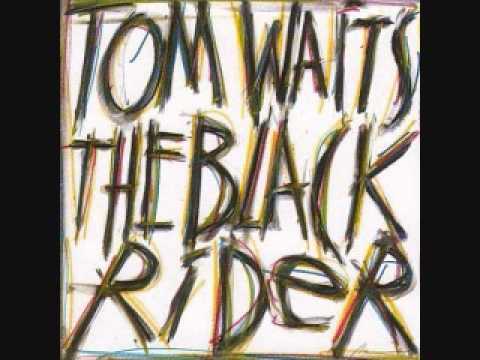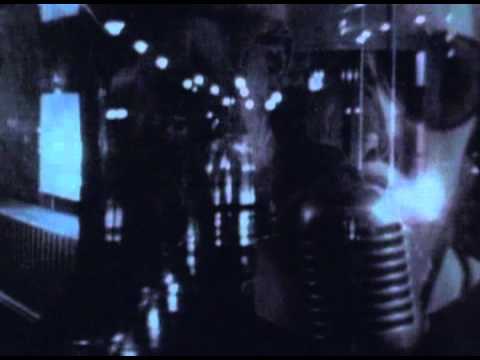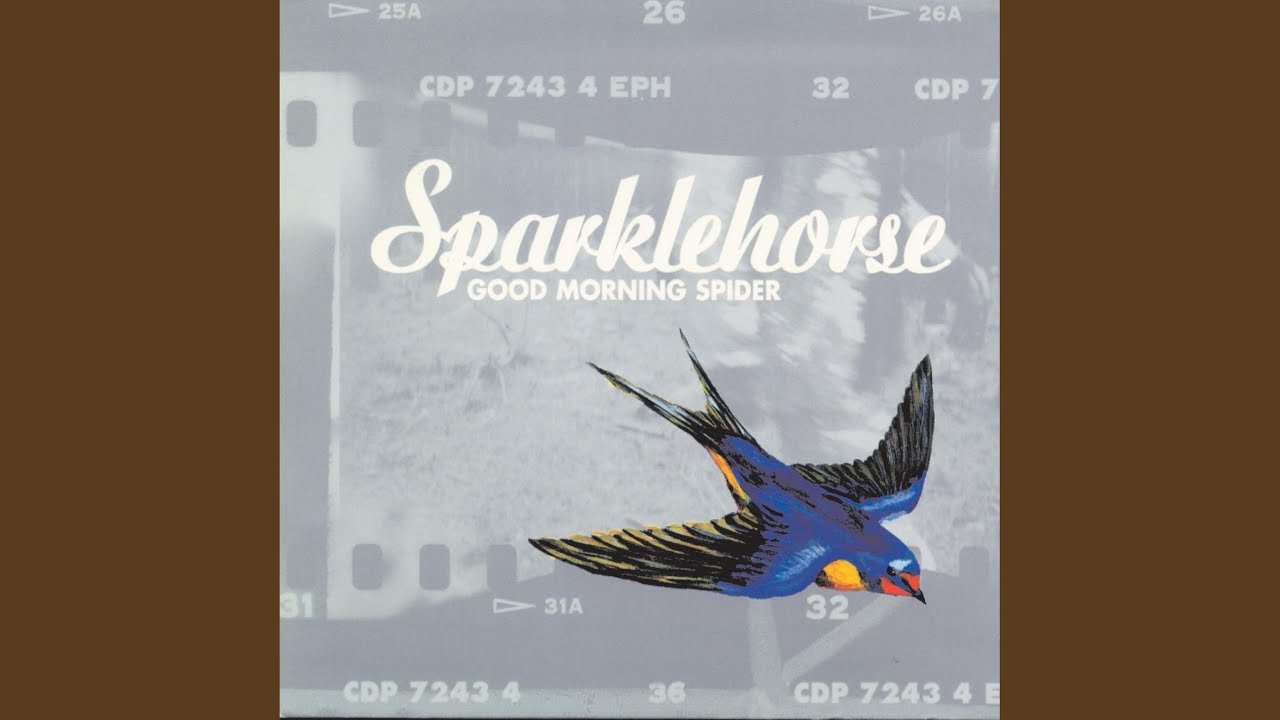Ryan O’Connor © Stuart Platt
My father, like the father of the unnamed narrator in The Voids, was a cabaret singer. When I think of him, I immediately think of the songs he sang, ‘Beautiful Noise’, ‘An American Trilogy’, ‘Rhinestone Cowboy’, ‘And I Love You So’, ‘Didn’t We’, ‘Amazing Grace’, and so many others. I think of the magic and the wonder, but also of the anger, the neglect, and the hurt, and of the fact that I never really knew him. And so, one of the things I endeavoured to do in The Voids, was to find my father. He was a song I wanted to learn the tune of, that I longed to learn the lyrics to. It was inevitable then, that music would play a central role in the novel.
I never saw my father often when I was a child, I never saw him often at any point in my life. But when I did see him, the good times, were when he took me along to his shows. There were residencies at holiday camps and theatres, weddings, even St James’ Park the day Newcastle United celebrated promotion to the Premier League under Kevin Keegan, a day which he hosted and sang at. But for the most part he’d take me along to gigs in working men’s clubs. The working men’s clubs were always my favourite venues. Especially in the early days, when they still had their own house bands. Ragtag groups of musicians with a range of musical ability drifting into the later stages of life. Aficionados of stalled careers and broken hearts. Characters who looked like they might have stumbled out of or into, a Tom Waits song. Bands that sadly dwindled in number, and eventually disappeared altogether, replaced by glorified karaoke machines. Even late on though, with his own PA system and digital backing tracks, with the magic on the wane on all fronts, my father could still turn every song he sang into a spell and hold the toughest venues – from threadbare lounges in no-star-Scottish hotels, to function rooms in miner’s and social clubs across the north of England – in the palm of his hand. He had a gift, and that gift was his voice.
The Voids centres around a young unnamed narrator who lives in a condemned tower block. The last tenant, he roams its twenty-one floors listening to the wind pass through the high-rise and its vacated flats, voids, like breath through an instrument. Enchanted by it, he moves from door to door listening to the music emanating from each flat. A multitude of songs playing simultaneously, like requiems on a malfunctioning jukebox. Later, he begins to break into the voids, cataloguing and collecting the things that others have left behind. He believes he’s looking for clues to the lives of those who used to live there. When in actual fact, he’s looking through other people’s things, for the life he never led.
It wasn’t until sometime after I’d finished writing The Voids, that I realised how this linked to my search for my father. My father once mentioned to me in passing how much he loved Hank Williams, how Hank was one of the greats. He didn’t make a big deal of it, and I don’t recall him mentioning Hank Williams ever again. But it stayed with me and inadvertently resulted in me associating the Leonard Cohen song, ‘Tower of Song’, in which he name-checks Hank Williams, with my father. In my mind, my father lived forever more in a tower of song. A tower he’d walked into at some point, whose stairs he’d climbed, and never come back down from. I genuinely didn’t realise while working on The Voids what I’d done, it was only afterwards that I put the two towers together. The high-rise the unnamed narrator in The Voids roams, listening to its music, and my father’s tower of song. Quite often you don’t really know what you’re writing until you’ve written it. Meaning haunts sentences like ghosts whose presence we can feel, but can’t fathom, until their motives are revealed, often unexpectedly, long after we’ve written what we believed was the last word.
There’s one song in particular that I associate with my father, ‘Ring of Fire’. That was his song. Metaphorically, spiritually, and literally. The former because he once told me that he’d met the Devil, and that someday the Devil would be coming back to claim him, to take him to hell for what he’d been granted. The later, because in 1969 he sang ‘Ring of Fire’ on Opportunity Knocks, winning it, at the time, a record six weeks in a row. As far as I was concerned, ‘Ring of Fire’ was his song. I mean literally his song. For years I genuinely believed he’d written and popularised it. It was a belief dear to me, that I clung to, until that charm was wrested from me at a party one night when I was sixteen. In a room full of people, I argued with one of those fucking guys who can tell you what make of fucking strings Elliot Randall strung his fucking guitar with when he ‘cut Reelin’ In the Years with the Dan.’ Never could stand those fuckers. Anyway, even though in my head I knew all along that he was right, that June Carter and Merle Kilgore had written it and that it had been made famous by Johnny Cash, my heart just wouldn’t allow me to admit it to myself. Not until someone put the song on and I broke down crying in front of everyone.
After making the connection with the towers, and thinking about my ‘Ring of Fire’ shame, I recalled the story of what had happened when he sang it on Opportunity Knocks. I wasn’t sure of the details though, and so I called my sister to clarify what had happened. It turned out that I didn’t have it quite right and that the truth was even more remarkable, and for me, revelatory.
He appeared on the show with his band the Eddie Connor’s Four. The trio consisted of the Fowler twins, Eric on bass, his brother Marvin on Guitar, and wee Peter on piano. My father sang ‘Ring of Fire’ and the Fowler twins provided unwanted backing vocals, parroting, much to my father’s ire, the key words in each line. When he sang of falling into a burning ring of fire, the twins made sure everyone was clear on the fact that there was much fire fire fire and that those flames were growing higher higher higher. The real heart of the band though, was wee Peter. Peter McTiernan. Stage name, Peter Eden.
Peter was my father’s musical soulmate. His MD, as he took great pride in telling everyone. Classically trained at the Royal Conservatoire in Glasgow, Peter’s dream had always been to play piano on television. And now his dream was about to come true, though with a tragic caveat. Peter suffered terribly from Polio as a child and consequently walked with a marked limp. Before performing, each act would walk through doors that opened, then run down several steps on to the stage. But fearing they’d be the beneficiaries of sympathy votes, they wouldn’t let Peter come down the stairs with the rest of the band. As I remembered it, Peter had been pre-seated at his piano in the dark and had to wait on his own until my father and the Fowler twins ran down the stairs and out to the audience’s applause. To the eternal shame of that show, and to Hughie Green personally, that did happen. Until the third week, when my father decided that he’d had enough and that he wouldn’t go on again unless Peter came down the stairs with them. They were adamant though that Peter wouldn’t be allowed to limp down the stairs on to the stage. Okay, he told them, if you won’t let him walk down the stairs, then I’ll carry him down those stairs. And that’s exactly what my father did, on national television he carried a grown man, his beloved friend and pianist, Peter McTiernan, down the stairs and all the way to his piano, where he sat him at his stool. Then, playing ‘Ring of Fire’, they brought the house down.
And so, in the end, my father did come down from his tower of song. Walked down those stairs and in an act of grace, sung his way back into my life.
I listened to each of the ten songs I’ve listed countless times while writing The Voids. However, I didn’t have a set playlist, and for every song mentioned here, there are at least five I’ve had to leave out.
Elvis Presley, ‘Amazing Grace’
Scott Walker, ‘The Impossible Dream’
I would love both these songs no matter what, that my father happened to sing both only deepens that love. Also, there’s a scene in The Voids where the narrator leaves his flat with Elvis singing ‘Amazing Grace’ on repeat. Left at full volume, even when he’s some distance away, he can hear it play out into the surrounding streets. Though I’ve taken a little poetic license, this is based on the truth.
Broken Social Scene, ‘Lover’s Spit’
I don’t of course know the intended meaning of this song. But for me, it marks, with bittersweet refrain, that point of transition from the wild chaotic love we glory in youth, to that vast empire of love we long one day to be worthy of growing into. It has something similar to that feeling of when you’ve cried so much at the hurt of it all, that you start laughing at the fucked-up wonderful glory of it all. A feeling I encountered often during the time I’d later chronicle in The Voids.
Nick Cave & The Bad Seeds, ‘Jubilee Street’
I could have chosen fifty Nick Cave songs. I’ve chosen this one because before I wrote The Voids, I lived The Voids, and on countless occasions, when I felt like giving up altogether, this song hauled me up off the ground and not only drove me on – but filled me with the glory of God and the Devil. It wouldn’t be an exaggeration to say I owe something of my life to this song, and a little of my death too. I turned the volume all the way up for this one.
Jefferson Airplane, ‘Comin’ Back To Me’
This song has always reached me in such profound, myriad ways. Listening to it while living alone on the fourteenth floor of a high-rise, it found forms I will never describe, names I will never utter, ghosts that will remain inviolate forever.
Bob Dylan, ‘Brownsville Girl’ (The original version from Knocked Out Loaded)
Co-written by Bob Dylan and Sam Shepard, I feel inadequate to the task of writing about it. Truly, nothing I could say would be nearly enough, not about what this song achieves, or about what it means to me. A masterclass on every level by two of the greatest there’s ever been. It breaks you down, breaks your heart, then builds you right back up again. A masterpiece.
The Blue Nile, ‘Heatwave’
Of all the songs that I listened to, around a dozen were particularly dear to me. However, if I had to highlight one, it would be ‘Heatwave’ by the Blue Nile. I’d highlight that particular song, for not only is it uniquely special in and of itself, but the album it came from, A Walk Across the Rooftops, and every single song on it, is uniquely special. In my opinion, the finest album to come out of Scotland, and carried by Paul Buchanan’s vocals, up among the finest ever produced anywhere. Without, A Walk Across the Rooftops, The Voids would not quite be The Voids.
Tom Waits, ‘Crossroads’
Another one co-written by two of the greats. A magic bullet of a song that hit me right between the eyes and had me hooked, heavy as lead.
The Pogues, ‘A Rainy Night in Soho’
I don’t care what anyone says, they can take their sanctimony, their preaching, and all their unholy abstinence, the world would be a lesser place without Shane MacGowan. It’s said that only the angel who falls knows the depth of hell, I’d add, he’s also one of the few who’ve glimpsed heaven.
Sparklehorse, ‘Hundreds of Sparrows’
One of my favourite songs, by one of my favourite artists. I’m not one to mourn the untimely passing of others, but I cried my heart out when I heard Mark Linkous had killed himself. His spirit resides in The Voids. God bless him.
The Voids by Ryan O’Connor is published by Scribe


